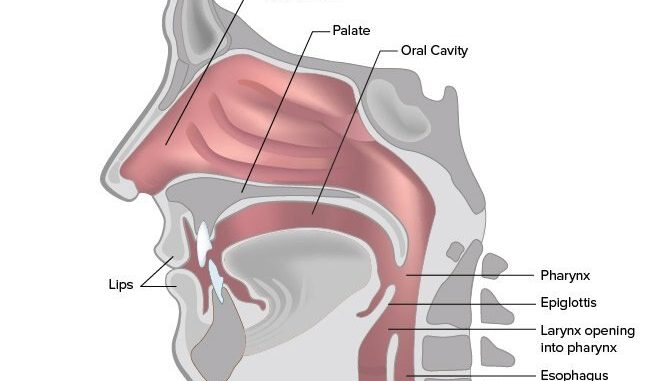
Swallowing disorders, diagnostics and treatments is the topic for this post. Swallowing difficulty is the inability to swallow foods or liquids with ease. People who have a hard time swallowing may choke on their food or liquid when trying to swallow. Dysphagia is a another medical name for difficulty swallowing. This symptom isn’t always indicative of a medical condition. In fact, this condition may be temporary and go away on its own.
Management of individuals with dysphagia should be based on results of the comprehensive assessment. Decision making must take into account many factors about the individual’s overall status and prognosis. This might include information concerning the individual’s health and diagnosis, cognition, social situation, cultural values, economic status, motivation, and personal choice. Of primary concern is how the individual’s health status can be maintained or maximized. The SLP should consider and integrate the patient’s wishes and advocate on behalf of the patient to the health care team, the family, and other relevant individuals. See additional info on South Louisiana Swallowing Diagnostics.
A blockage or a malfunction anywhere in this part of the body or in the nervous system controlling swallowing can result in dysphagia. There are two types: Esophageal dysphagia occurs when food/liquid stops in the esophagus. This can happen in several ways. Stomach acid can reflux into the esophagus. Over time, the reflux causes inflammation and a narrowing (stricture) of the esophagus. Food and eventually liquids feel like they are sticking in the middle and lower chest. There may be chest discomfort or even real pain. Fortunately, physicians can usually dilate (widen) this narrowing, and there is now treatment available to keep it from returning. Cancer, hiatus hernia, and certain muscle disorders of the esophagus are less frequent causes of esophageal dysphagia. Solid food is usually more of a problem than liquids.
High quality images paired with in-depth analysis of swallowing function leads to improved recommendations. Timely assessments! We aim to have your patient evaluated within 1-2 business days. Cost-effective! FEES costs about 1/4 to 1/2 of a traditional modified barium swallow study (MBSS) at the hospital. We work our hardest to prevent your patient from being placed on texture modified diets but if they need to, we can prove with objective data for accurate documentation. We take the time to help you come up with strategies and make recommendations that ACTUALLY WORK! Discover additional info at www.dysphagiainmotion.com.
